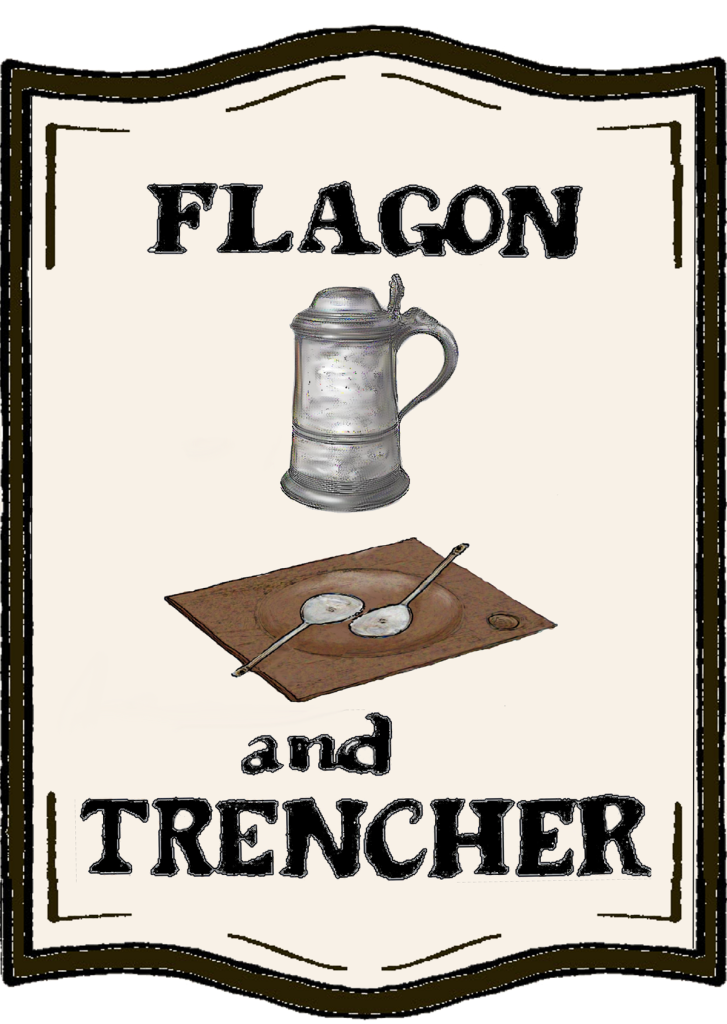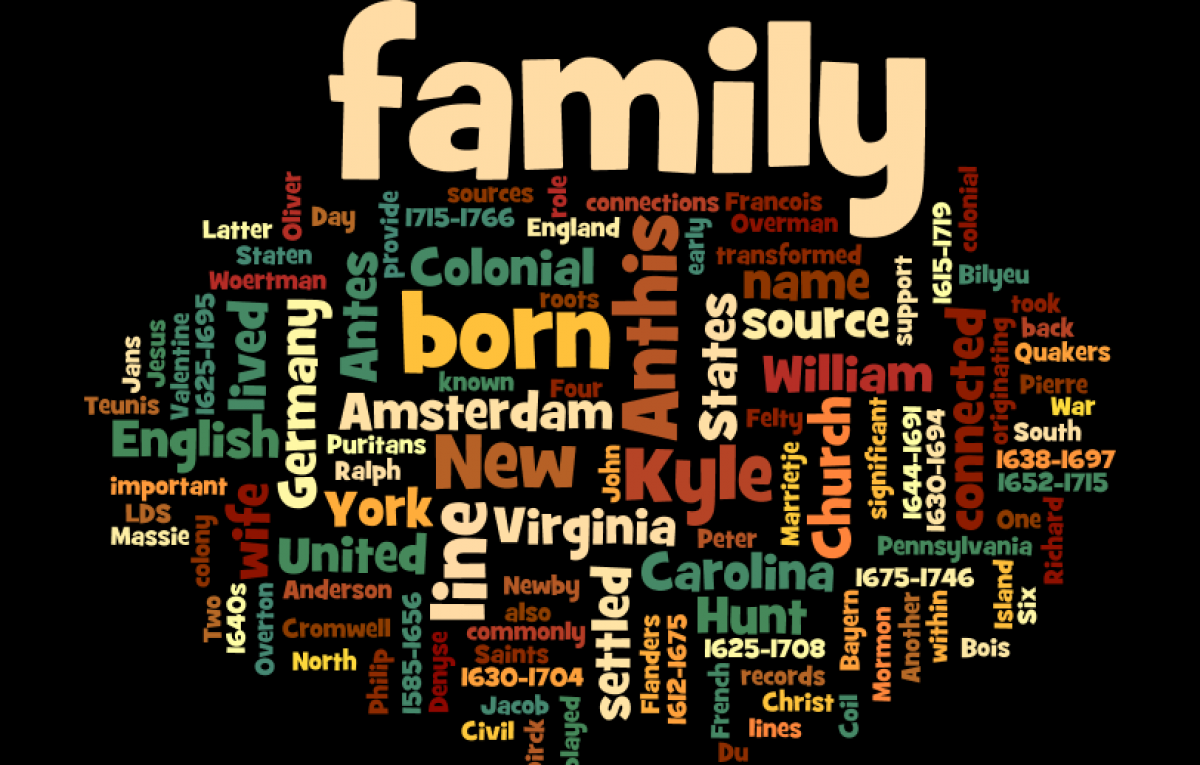
When you study genealogy, you almost immediately become aware of a vast array of “lineage societies” – the groups that form so people can trace their ancestry to significant historical events or people. Here are a few of the most well-know lineage societies:
- Daughters of the American Revolution (DAR)
- Sons of the American Revolution (SAR)
- Mayflower Society
- Jamestowne Association
- Holland Society of New York
- United Daughters of the Confederacy
- Sons and Daughters of the Oregon Pioneers
There are other not-so-well-known societies:
- Associated Daughters of Early American Witches
- I qualify for this one through my paternal 9th great-grandmother Margaret Stephenson Scott, who was hanged as a witch at Salem on September 22, 1692
- Descendants of the Illegitimate Sons and Daughters of the Kings of Britain
- Because, you know, why not?
- National Society of Saints and Sinners
- For this society, a potential member must prove descent from a saint. I think this would be hard to do.
For a variety of reasons, I haven’t worked toward joining any of these societies. I’m interested in doing other things with my genealogy research. However, I’m thinking about joining one of these organizations – Flagon and Trencher, a society composed of men and women who can trace their ancestry to one or more licensed operators of an ordinary tavern, inn, public house, or hostel, prior to July 4, 1776, in the area that became the original thirteen states of the United States.
From its website, it appears that this society exists primarily to hold yearly parties in various colonial taverns. This is a society I can identify with.
I could qualify for this society under several of my ancestors:

I have downloaded the application form and I’m in the process of gathering the information necessary to qualify for this lineage society through my 10th great-grandfather John Parmenter (1588-1671), who was a church deacon and also the proprietor of the first tavern in Sudbury, Massachusetts. (I think that’s an interesting career combination.)He received the license to run this tavern in 1643. In 1655, the Parmenter Tavern served as the meeting place for the Massachusetts Colonial Court and Ecclesiastic Council, a group that existed to settle disputes in the community. Town records show that John was reimbursed 17 pounds, five shillings, and 12 pence for entertainment costs associated with this meeting.

That’s awesome! What a find! … My ancestors Edward and Sarah Bishop owned a tavern and were arrested during the Salem witch trials. They lost the first and escaped the second. Maybe your ancestors knew mine. 😃
LikeLiked by 1 person
Both a church deacon and a tavern proprietor! Interesting combination. None of my ancestors would qualify for the Flagon and Trencher, BTW.
LikeLiked by 1 person
I love it! I am looking into the Flagon and Trencher, I would qualify with at least a few of my ancestors, including the one I wrote about this week for Food & Drink. Daniel Strang, Sr. who ran an inn and tavern in Rye, New York.
LikeLiked by 1 person
I love that you have found this society. Great work. It sounds right up my alley too 🙂
LikeLiked by 1 person